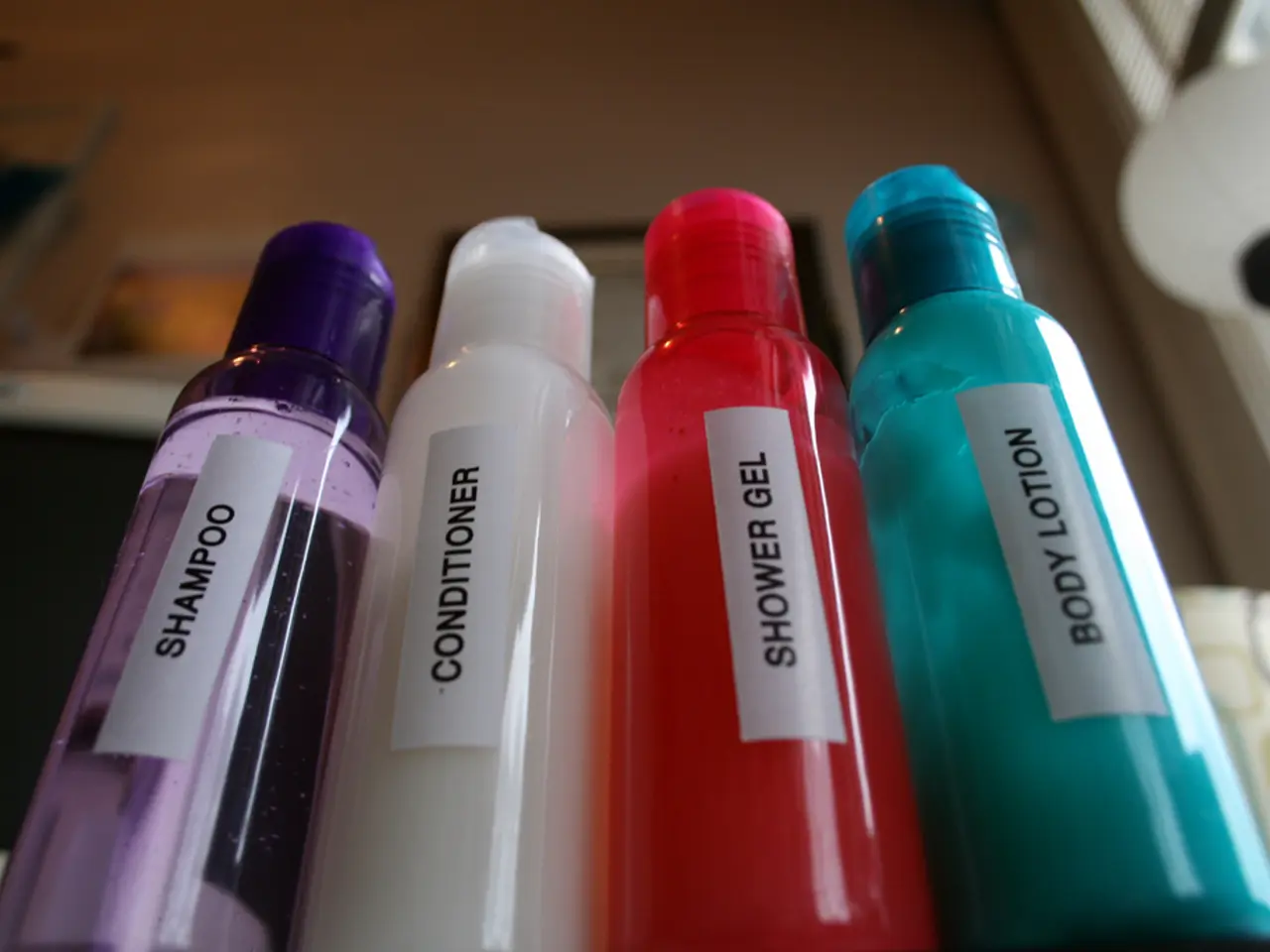Is keratin plant-based for vegan-friendly options? Recipes for vegan-observant shoppers
=========================================================
In the ever-evolving world of cosmetics, a significant shift is underway as plant-based formulas mimic the properties of keratin, traditionally derived from animals. This development is of particular concern to the beauty industry, where natural, plant-based claims are becoming the new key brand differentiator.
The rise of vegan keratin is a direct response to the growing trend towards cruelty-free beauty, especially among young people. In 2020, 67% of Gen Z would stop using brands that use unethical practices, and 55% only use cruelty-free products. The COVID-19 pandemic has further emphasised the prioritisation of cruelty-free products, with consumers increasingly concerned with animal welfare as it pertains to the wider environment.
Cosmetic brands are generating vegan keratin using rice and wheat to create plant-based proteins. These plant-based alternatives to animal-derived keratin, such as hydrolysed plant proteins and specially formulated vegan keratin analogs derived from botanical sources, are common in vegan hair care products.
For instance, vegan keratin formulations often utilise plant-based proteins, like those extracted from milk thistle by-products or other plant protein isolates. These mimic the strengthening and smoothing effects of animal keratin without animal origin. Some brands have proprietary technologies, such as KeraFUSION™ bond repair technology, which is a plant-based keratin alternative formulated from upcycled milk thistle by-products that repair broken hair bonds and reduce frizz.
Products like the Aura Smoothing Treatment by Lakmé and others branded as vegan keratin treatments include ingredients such as vegan keratin and hyaluronic acid to hydrate, smooth frizz, and improve hair manageability without formaldehyde or harsh chemicals. Plant protein alternatives usually involve hydrolysed proteins from sources like wheat, soy, or corn, which help fill porous hair areas and reinforce the hair shaft structurally, offering shine, smoothness, and frizz control.
The market for vegan products is growing, particularly within the natural/organic BPC market. 'Vegan' was among the top five claims within the natural/organic BPC market in 2019. Between 2013 and 2018, there was a 175% growth in vegan cosmetic launches. The increasing demand for vegan keratin is a testament to this growth.
Third-party vegan cosmetic certifications are crucial for successful formulas in the vegan market. These certifications ensure that the products meet strict standards for animal welfare and environmental friendliness. With the growing demand for vegan products, it's clear that the future of the beauty industry lies in plant-based, cruelty-free solutions.
In summary, common plant-based alternatives to animal keratin include hydrolysed plant proteins from wheat, soy, and other plants; vegan keratin analogs like those derived from milk thistle; and formulations combining these with moisturising agents like hyaluronic acid to replicate keratin’s function in hair care. These plant-based solutions offer a more ethical, environmentally friendly, and gentle alternative to traditional keratin treatments.
- In the realm of health-and-wellness, nutrition plays a vital role, with clean beauty emerging as a crucial aspect, emphasizing the use of active ingredients derived from plants.
- Embracing fitness-and-exercise and personal-growth, many individuals prioritize education-and-self-development for a holistic lifestyle approach that encompasses both physical and mental well-being.
- Fashion-and-beauty trends have shifted towards cruelty-free products, with the rise of vegan keratin in skin-care and hair-care products.
- Schools and institutions are now emphasizing the importance of nutrition and education-and-self-development in their curriculums, fostering personal-growth for students.
- In the expanding world of health-and-wellness, vegan and cruelty-free products have become increasingly popular, driven by a growing concern for animal welfare, the environment, and personal growth.




